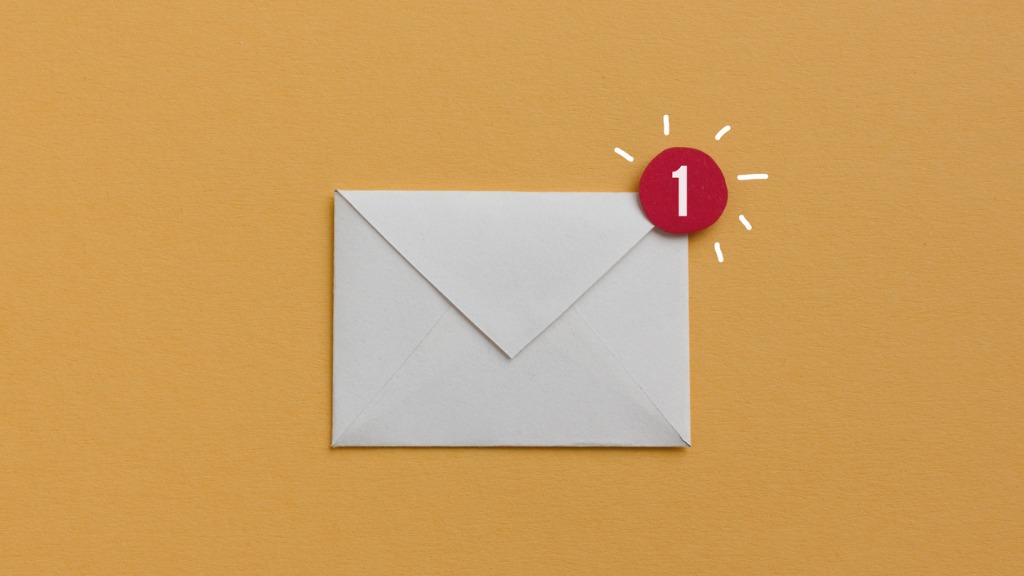With clean data, marketers can target the right audience, reduce wasted resources and enhance the customer experience.
Leveraging The Power Of Clean Marketing Data To Turbocharge Revenue
With clean data, marketers can target the right audience, reduce wasted resources and enhance the customer experience.

In today's competitive business landscape, marketers are constantly seeking to gain a competitive edge and maximize ROI. One powerful tool at their disposal is clean marketing data. Clean data refers to accurate, up-to-date, and reliable information about potential customers that enables marketers to target their campaigns more effectively.
In this article, we will explore the significance of clean data, discuss the frequency of data cleaning, outline the best practices to ensure consistently premium data, explore the benefits of outsourcing this task, and examine how a marketing campaign can be transformed through the use of clean data.
What is Clean Data?
Clean data is the foundation of effective marketing campaigns. It encompasses accurate and reliable information about customers, such as contact details, demographics, and preferences. Clean data ensures that marketing efforts are directed towards the right audience, improving the efficiency of lead generation and conversion. It eliminates inaccuracies, redundancies, and outdated information that can hinder marketing efforts.
How Often Should Data Be Cleaned and Why?
Data cleaning is an ongoing process that should be performed regularly to maintain the integrity and usefulness of marketing data. The frequency of data cleaning depends on various factors such as the size of the database, the rate of data acquisition, and the industry dynamics. However, as a general guideline, it is recommended to clean marketing data at least once every quarter or whenever significant changes occur.
Regular data cleaning is essential for several reasons:
- Firstly, customer information changes over time, with people moving, changing jobs, or updating their contact details. By regularly updating and validating this data, marketers can ensure that their campaigns reach the intended recipients.
- Secondly, data decays naturally, with an estimated 30% of customer data becoming obsolete every year. By removing outdated or incorrect information, marketers can maintain the accuracy and relevance of their campaigns.
- Finally, data cleaning helps identify and eliminate duplicates, ensuring that marketing efforts are not wasted on targeting the same individuals multiple times.
To ensure consistently premium data, marketers should follow a set of best practices:
Data Standardization: Establishing data standards and formats helps maintain consistency and accuracy across the marketing database. This includes ensuring consistent naming conventions, address formatting, and data structure.
Regular Data Validation: Implementing automated data validation processes can help identify and correct errors, such as misspellings, incorrect formats, or incomplete information. Validation can also involve cross-referencing data with external sources or conducting customer surveys for data verification.
Data Enrichment: Augmenting existing data with additional information from reliable sources can enhance the value and depth of customer profiles. This can include demographic data, social media activity, purchasing history, or firmographic data for B2B marketing.
Data Governance: Establishing clear guidelines and policies for data collection, storage, access, and usage ensures that data is handled consistently and securely throughout the organization. This includes adhering to data privacy regulations and obtaining appropriate consent for data usage.
Benefits of Outsourcing Data Cleaning
Outsourcing data cleaning tasks to specialized service providers can offer several benefits to marketing departments and marketers:
Expertise and Efficiency: Data cleaning requires specialized knowledge and resources. Outsourcing to experts ensures that data is cleaned thoroughly and efficiently, freeing up internal resources to focus on core marketing activities.
Scalability: As marketing databases grow, the task of data cleaning can become overwhelming. Outsourcing allows marketers to scale their data cleaning efforts easily, ensuring that their campaigns can reach a wider audience without compromising data quality.
Cost Savings: Outsourcing data cleaning eliminates the need for investing in expensive software, hiring dedicated staff, or allocating valuable time and resources internally. This can lead to significant cost savings for marketing departments.
Quality Assurance: Professional data cleaning service providers have stringent quality control measures in place. They employ advanced techniques and technologies to ensure high accuracy and reliability in the data cleaning process.
The Impact of Clean Data on Marketing Campaigns
Clean data has a profound impact on marketing campaigns, contributing to increased efficiency, higher conversion rates, and improved return on investment (ROI). With clean data, marketers can:
Target the Right Audience: Clean data enables marketers to identify their ideal customers accurately. By segmenting and personalizing their campaigns based on accurate customer information, marketers can deliver more relevant messages and offers, increasing the chances of conversion.
Reduce Wasted Resources: With clean data, marketers can avoid wasting resources on irrelevant or duplicate leads. By eliminating outdated or incorrect data, marketing efforts can be focused on high-potential leads, resulting in better cost efficiency and ROI.
Enhance Customer Experience: Clean data allows marketers to understand their customers better, enabling them to deliver personalized and targeted experiences. By tailoring their messaging and offers to individual preferences and needs, marketers can foster stronger customer relationships and loyalty.
Optimize Marketing Strategies: Clean data provides valuable insights into customer behaviour, preferences, and engagement patterns. Marketers can analyse this data to identify trends, refine their marketing strategies, and optimize campaign performance over time.
Conclusion
Clean marketing data is a powerful asset that can turbocharge revenue and improve marketing campaign efficiency. By regularly cleaning and validating data, following best practices, and potentially outsourcing this task, marketers can ensure consistently premium data.
With clean data, marketers can target the right audience, reduce wasted resources, enhance the customer experience, and optimize their marketing strategies, ultimately leading to improved revenue generation and business growth.
Adam Herbert, Co-Founder & CEO at Go Live Data
Thanks for signing up to Minutehack alerts.
Brilliant editorials heading your way soon.
Okay, Thanks!

